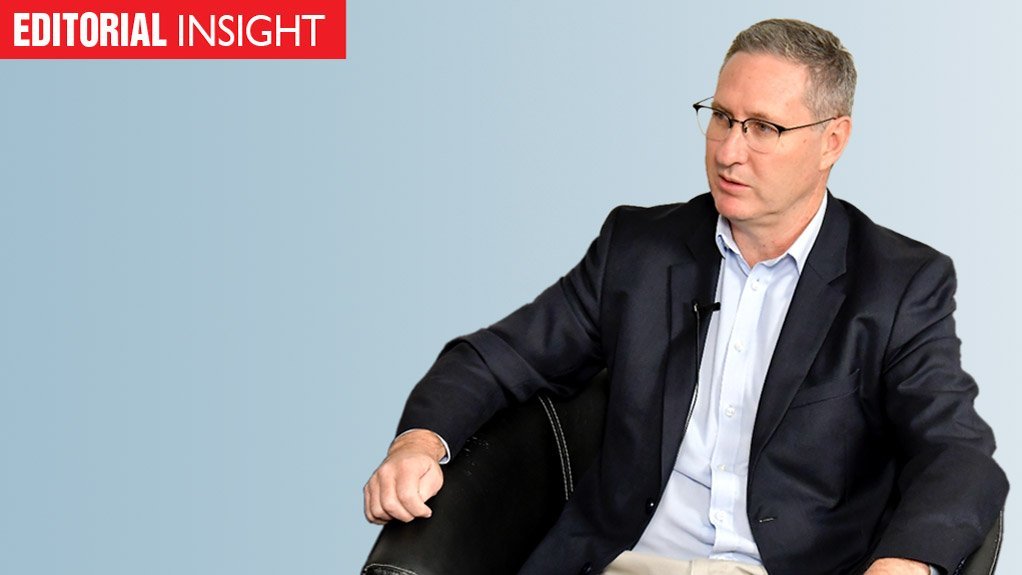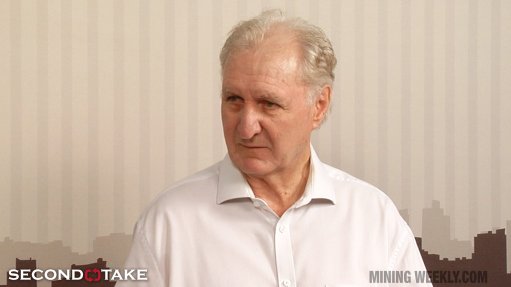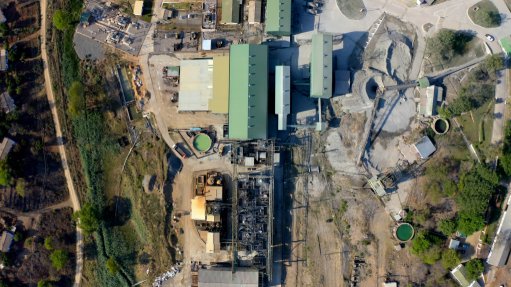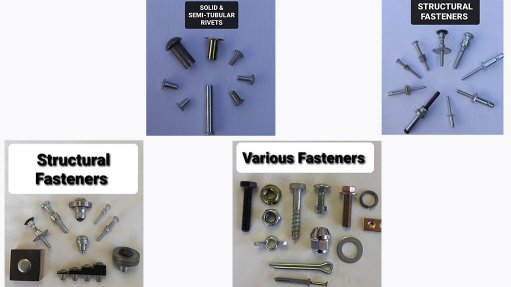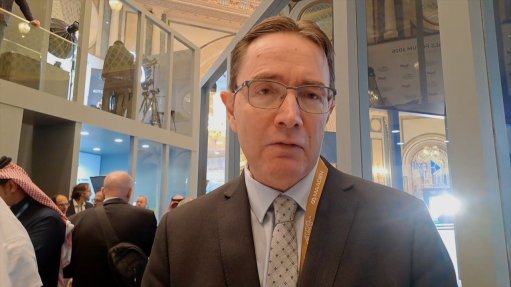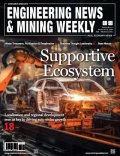Maximising impact
As South Africa weighs an infrastructure-led economic recovery at a time when, owing to extreme fiscal pressures and warnings of a sovereign-debt crisis, government itself is likely to have to play a backseat funding role, new delivery, funding and business models will have to be considered.
Key to ensuring value for money and that taxpayers are not burdened for years by poorly conceived or executed projects lies in ensuring three elements are non-negotiable.
Firstly, that all transactions are held in full public view and are concluded through fair and competitive processes. Only through extreme transparency will it be possible to mitigate the risk of corruption and attract investors that are motivated by fair returns over the project life cycle rather than the prospect of making a quick buck.
Secondly, that the risks are properly apportioned so that private participants cannot profiteer, but are also not dissuaded from participating at all by overly onerous terms and conditions. This point cannot be overemphasised. If risks are not apportioned to the entities best positioned to absorb and manage them, transactions will ultimately be priced in a way that undermines value for money and burdens the ratepayers or taxpayers, or both.
The third critical component lies in having a pipeline made up of projects that are bankable, rather than merely aspirational. In other words, the pipeline must include projects that are not only directed by the country’s most pressing infrastructure needs, but ones that can be immediately funded through sustainable fiscal transfers, user-pay tariffs, or a combination of the two. In that way, white elephants and ego projects will be avoided and it will be easier to calibrate the pipeline to the country’s other key policy objectives, including its industrial, environmental, health and labour policies.
Given South Africa’s financial squeeze, it would be an added bonus if projects selected for implementation during the immediate economic recovery phase were aligned with stimulus spending efforts in other countries. In other words, the domestic projects could enjoy indirect financial flows being provided to those industries in Europe, Asia or North America that provide inputs into infrastructure markets.
Given the three non-negotiables outlined and the stimulus efforts unfolding elsewhere, there is no question that renewable energy should receive priority attention as South Africa seeks to maximise the social and economic impact of its infrastructure-led recovery.
For one, the electricity itself is sorely needed, with Eskom still warning of possible load-shedding despite fixes it made to the coal fleet during the initial low-demand phase of the lockdown. The renewables procurement process is South Africa’s best-in-class when it comes to transparency and apportioning risk in a way that has helped lower tariffs with each successive bid window.
Then there is the added advantage of implementing renewables projects at a time when significant stimulus resources are being released for green- energy companies globally. If properly tapped, these resources will help reduce the power costs paid by South African consumers for the next 20 years.
Article Enquiry
Email Article
Save Article
Feedback
To advertise email advertising@creamermedia.co.za or click here
Press Office
Announcements
What's On
Subscribe to improve your user experience...
Option 1 (equivalent of R125 a month):
Receive a weekly copy of Creamer Media's Engineering News & Mining Weekly magazine
(print copy for those in South Africa and e-magazine for those outside of South Africa)
Receive daily email newsletters
Access to full search results
Access archive of magazine back copies
Access to Projects in Progress
Access to ONE Research Report of your choice in PDF format
Option 2 (equivalent of R375 a month):
All benefits from Option 1
PLUS
Access to Creamer Media's Research Channel Africa for ALL Research Reports, in PDF format, on various industrial and mining sectors
including Electricity; Water; Energy Transition; Hydrogen; Roads, Rail and Ports; Coal; Gold; Platinum; Battery Metals; etc.
Already a subscriber?
Forgotten your password?
Receive weekly copy of Creamer Media's Engineering News & Mining Weekly magazine (print copy for those in South Africa and e-magazine for those outside of South Africa)
➕
Recieve daily email newsletters
➕
Access to full search results
➕
Access archive of magazine back copies
➕
Access to Projects in Progress
➕
Access to ONE Research Report of your choice in PDF format
RESEARCH CHANNEL AFRICA
R4500 (equivalent of R375 a month)
SUBSCRIBEAll benefits from Option 1
➕
Access to Creamer Media's Research Channel Africa for ALL Research Reports on various industrial and mining sectors, in PDF format, including on:
Electricity
➕
Water
➕
Energy Transition
➕
Hydrogen
➕
Roads, Rail and Ports
➕
Coal
➕
Gold
➕
Platinum
➕
Battery Metals
➕
etc.
Receive all benefits from Option 1 or Option 2 delivered to numerous people at your company
➕
Multiple User names and Passwords for simultaneous log-ins
➕
Intranet integration access to all in your organisation



